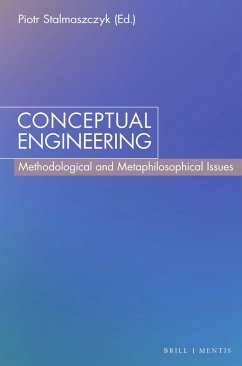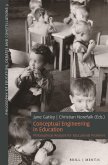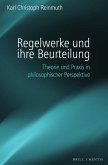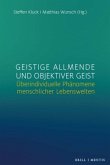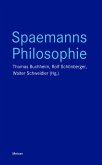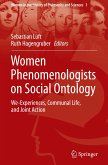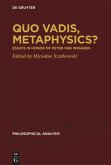Conceptual Engineering (CE) is a dynamically developing field of (especially analytic) philosophy. It aims at evaluating, reanalyzing, and redefining concepts as well as their relations with the world and language. Work in CE is of considerable interest not only for philosophers, but also linguists and researchers within ethics, social sciences, and AI. The chapters included in this volume are concerned with the most important and challenging methodological and metaphilosophical aspects of CE. The authors, representing universities and research centers from Portugal, Germany, the Netherlands, United Kingdom, Canada, Norway, Japan, and Poland, deal with concept development and dynamics, terminological disputes and negotiation, different aspects of conceptual ethics, digital humanities and explainable AI, and concept development in social sciences. The volume shows the increasing importance of CE, both as a field within philosophy, and also as a philosophical method.
Bitte wählen Sie Ihr Anliegen aus.
Rechnungen
Retourenschein anfordern
Bestellstatus
Storno

